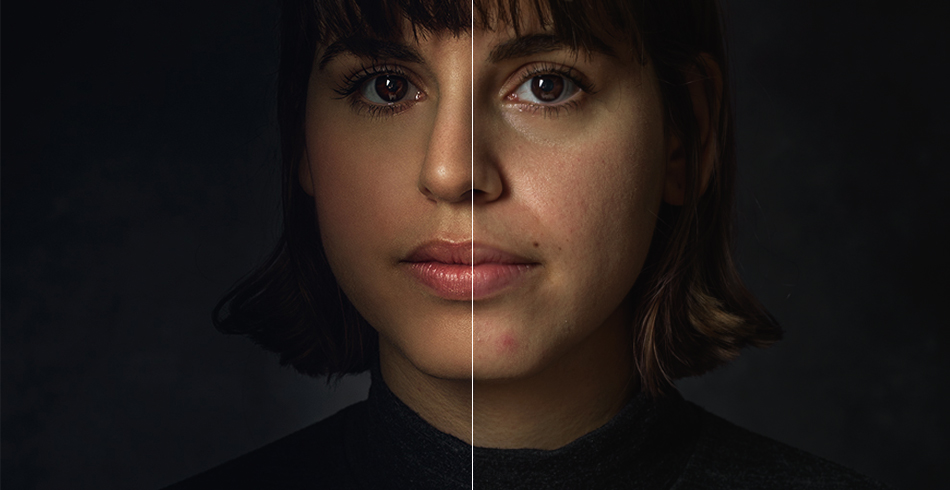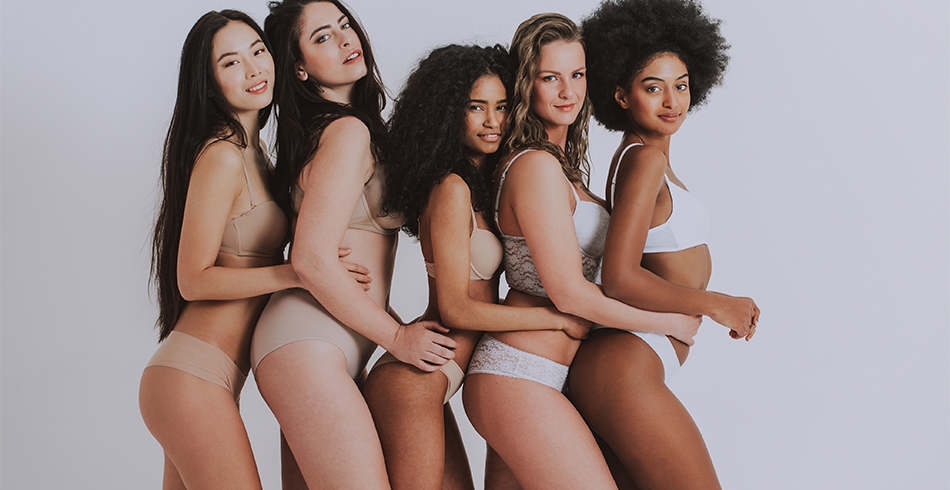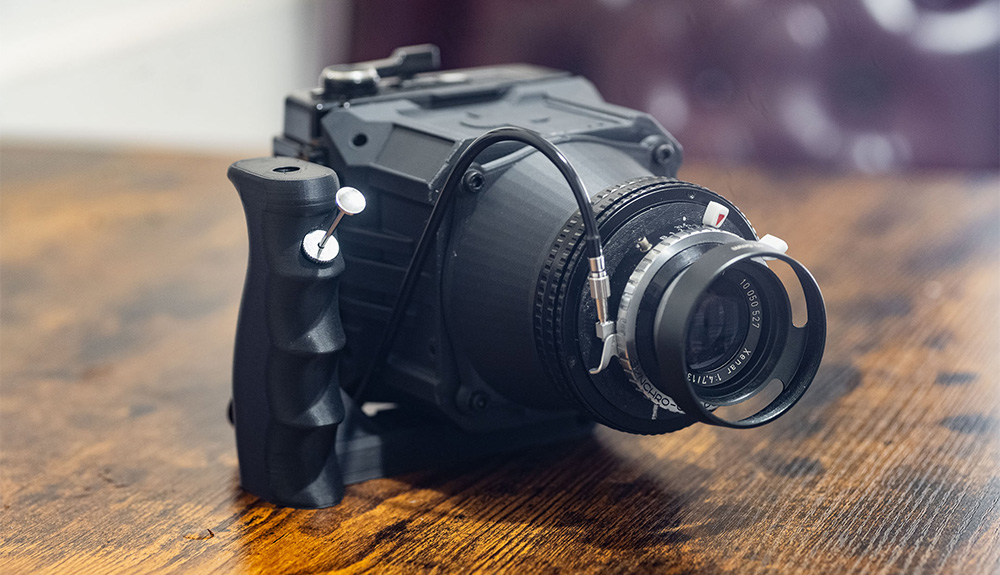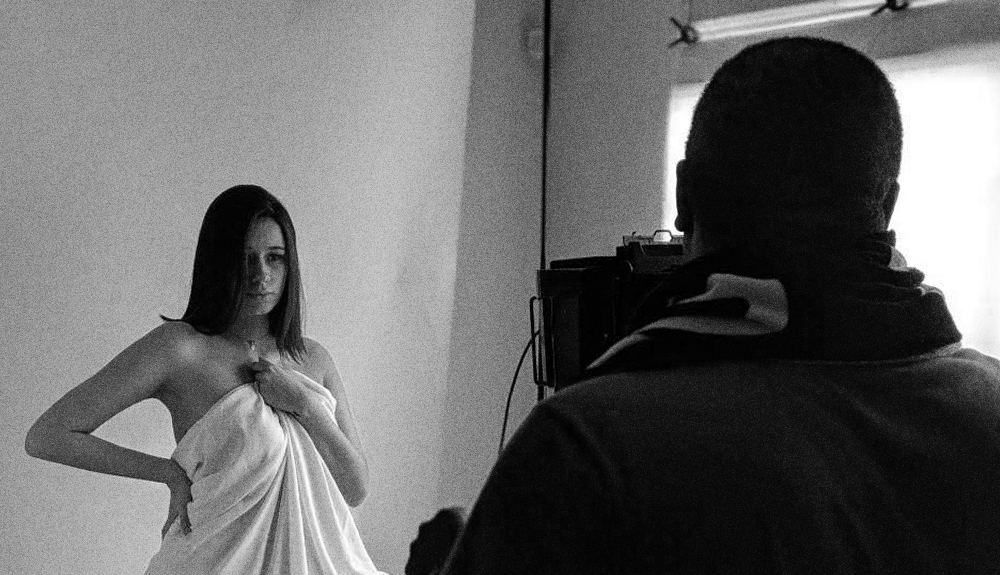When Photography Becomes Unethical: Navigating the Invisible Gray Areas
Insights | February 27th, 2024
Within the domain of photography, ethical considerations often lie in a nebulous space, where lines blur and judgments become subjective. While photography is primarily about capturing moments, telling stories, and preserving memories, there are instances where ethical dilemmas arise – especially when vulnerabilities such as nudity is involved. Understanding when photography becomes unethical is crucial for both photographers and subjects alike.

Informed Consent: Respecting Privacy Boundaries
One of the fundamental ethical principles in photography is obtaining informed consent. This means ensuring that subjects are fully aware of what images will be taken, how they will be used and giving them the opportunity to consent or decline, preferably before the session. Without proper consent, photographing individuals in certain contexts can violate their privacy rights and personal boundaries. This is particularly relevant in sensitive settings such as anything involving nudity or underage subjects.

Photo Manipulation: Balancing Artistic Freedom and Integrity
Photo manipulation has become ubiquitous, blurring the line between reality and fiction. It can be fun but comes with a dark side. Let’s not overlook that the recent introduction of AI is causing further divides. While creative editing can enhance the visual impact of an image, it can also deceive viewers and misrepresent reality. When photography crosses into the realm of unethical manipulation, it undermines the integrity of the medium and erodes trust between photographers and their audience. Honesty and transparency in editing practices are essential to maintain the credibility of photography as a form of visual storytelling.
Commercialization and Objectification: Ethical Advertising Practices
This is especially a sore subject for many young models. In the realm of commercial photography, ethical considerations extend beyond capturing compelling images to how those images are used for marketing purposes. Objectifying models, promoting unrealistic beauty standards can have profound ethical implications. Photographers, models, and clients alike have a responsibility to ensure that their work upholds principles of social responsibility.
Exploitation vs. Empowerment
Photographers often grapple with ethical considerations when photographing subjects like women and the unfortunates like homeless and addicts (mainly street photography). The portrayal of women for example often walks a delicate line between empowerment and exploitation. On one hand, images that celebrate women’s strength, resilience, and achievements can serve as powerful tools for empowerment, and challenging societal norms. On the other hand, the risk of exploitation arises when photographs objectify women, reducing them to mere objects of desire or perpetuating harmful stereotypes.
Photographers have a responsibility to critically examine their intentions and the impact of their images. Empowering representations of women involve collaboration and consent, allowing women to have a voice in how they are portrayed and ensuring that their stories are told authentically and respectfully.
Hey, thanks for looking.
As photographers, we are entrusted with the power to shape narratives, influence perceptions, and preserve memories. With this power comes a profound responsibility (see what I did there) to uphold ethical standards and respect the dignity and rights of our subjects. By navigating these complexities, we can strive towards ethical excellence in photography, ensuring that our work enriches rather than exploits the world around us.





